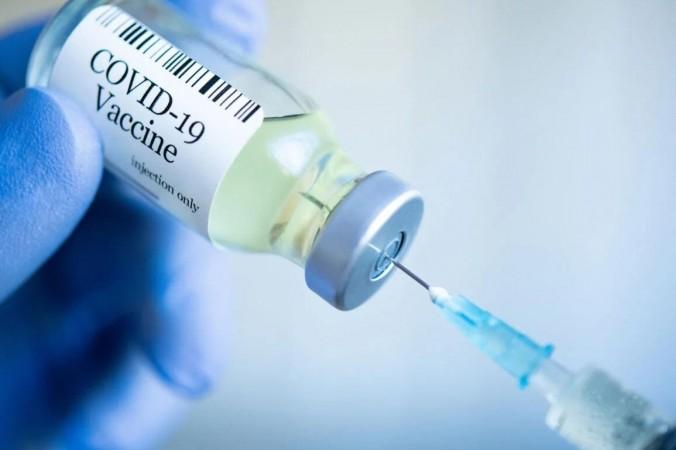
A recent study conducted by researchers from the Massachusetts Institute of Technology and the University of Pennsylvania has shed light on the role of unflagged content on Facebook in fueling vaccine hesitancy during the Covid-19 pandemic. The study, published on May 31, revealed that this unflagged content led to a 46-fold increase in vaccine hesitancy, surpassing the impact of flagged misinformation.
The researchers conducted two experiments to understand the impact of misinformation on vaccination intentions. The first experiment showed that misinformation containing false claims about the Covid vaccine reduced vaccination intentions by 1.5 percentage points. The second experiment tested both true and false claims and found that content suggesting that the vaccine was harmful to health reduced vaccination intentions, irrespective of the headline's veracity.
The team also measured exposure to all 13,206 vaccine-related URLs that were popular on Facebook during the first three months of the vaccine rollout, from January to March 2021.

Unflagged Content: A Hidden Threat
The findings showed that URLs with flagged misinformation received 8.7 million views during the first three months of 2021. In stark contrast, the unflagged content, many from credible mainstream news outlets, implied that vaccines were harmful to health and were viewed hundreds of millions of times.
The researchers emphasized the need to scrutinize factually accurate but potentially misleading content in addition to outright falsehoods. They suggested that while limiting the spread of misinformation has important public health benefits, it is also critically important to consider grey-area content that is factually accurate but nonetheless misleading.
This study's findings echo the sentiments of several experts who have been warning about the dangers of misinformation and the role of social media platforms in spreading it.
The Broader Impact of Misinformation
For instance, a report published by the Pew Research Center and Elon University's Imagining the Internet Center in February 2021 highlighted the potential societal changes that could make life worse for most people as greater inequality, rising authoritarianism, and rampant misinformation take hold in the wake of the COVID-19 outbreak.
The report suggested that people's relationship with technology will deepen as larger segments of the population come to rely more on digital connections for work, education, health care, daily commercial transactions, and essential social interactions. It also warned that this could worsen economic inequality as those who are highly connected and the tech-savvy pull further ahead of those who have less access to digital tools and less training or aptitude for exploiting them.
In the context of the Covid-19 pandemic, the spread of misinformation, particularly on social media platforms, has been a significant concern. A report published by Fact Check in February 2020 highlighted the widespread myths and misconceptions about the virus and the vaccine, emphasizing the need for accurate information to counter these false beliefs.
In conclusion, the study conducted by the researchers from the Massachusetts Institute of Technology and the University of Pennsylvania highlights the significant role of unflagged content on social media platforms in contributing to vaccine hesitancy. It emphasizes the need for these platforms to scrutinize and potentially flag content that, while factually accurate, could be misleading. This is a crucial step in combating misinformation and ensuring that the public is well-informed about the Covid-19 vaccine. The findings underscore the importance of a comprehensive approach to misinformation, one that addresses not just outright falsehoods but also misleading content that may be factually accurate. This is a critical step in ensuring that the public is well-informed and can make informed decisions about their health, particularly in the context of the ongoing pandemic and the global vaccination drive.

















